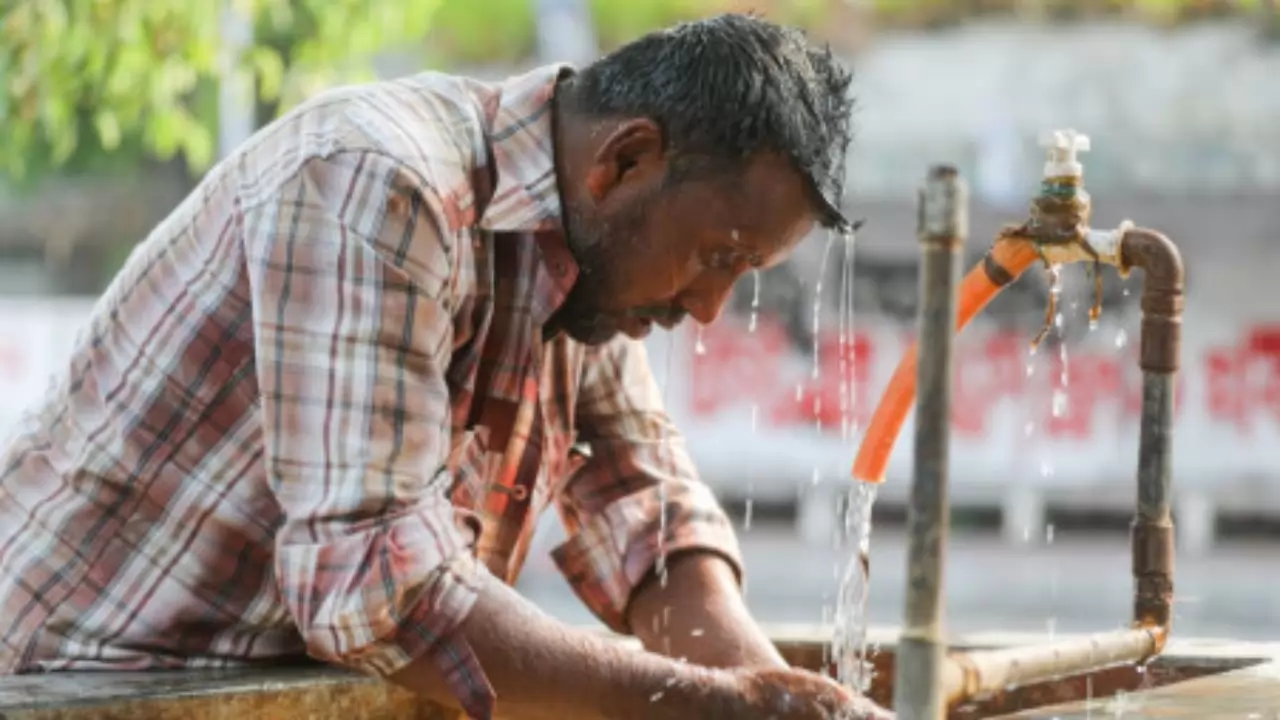
X
Between March 1 and June 20, a distressing trend has emerged as 143 individuals lost their lives to a relentless heat wave gripping a significant portion of the nation, with an additional 41,789 individuals suspected of suffering from heatstroke during this period. The data, meticulously compiled by the National Centre for Disease Control (NCDC), sheds light on the severity of the situation, yet the actual toll may surpass these figures due to delays in data submission and incomplete reporting from various states.
Despite efforts to maintain accurate records under the National Heat-Related Illness and Death Surveillance, the NCDC's data is not fully updated, leading to potential underestimations of heat-related fatalities. Furthermore, several health facilities are yet to provide comprehensive reports on the casualties attributed to the scorching heat.
On June 20 alone, 14 confirmed deaths and nine suspected heatstroke-related fatalities were recorded, contributing to the toll's increase from 114 to 143 during the March-June period. Uttar Pradesh remains the hardest-hit state with 35 casualties, closely followed by Delhi with 21, and Bihar and Rajasthan with 17 each, according to official figures.
While the official count points to 143 deaths, the actual impact of soaring temperatures in the national capital could be far graver, with approximately 100 additional fatalities speculated. Notably, Deen Dayal Upadhyay Hospital (DDU) has documented 40 cases pending confirmation through autopsies, hinting at a potentially higher toll.
Health authorities in Gautam Buddh Nagar expressed concern over an unexpected surge in post-mortem cases related to heatstroke. The district's Chief Medical Officer (CMO), Dr Suneel Kumar Sharma, reported a significant rise, with 75 bodies received for examination from June 18 to 20, starkly contrasting with the usual daily average.
In response to the escalating crisis, Union Health Minister Jagat Prakash Nadda has directed officials to assess the heatstroke-related fatalities in Central government-run health facilities. Emphasising the importance of preparedness and efficient treatment, Nadda underscored the need for hospitals to be fully equipped to handle such emergencies.
The Health Ministry has issued a comprehensive advisory to state health departments, urging proactive measures to mitigate the health impacts of extreme heat. The advisory emphasizes the likelihood of above-normal seasonal temperatures and calls for robust preparedness and swift responses to safeguard public health during heat waves.





Copyright © 2025 Top Indian News
